Transparent Labs 100% Grass-Fed Whey Protein Isolate has become a pantry staple among health-conscious consumers who want a quality source of protein for supporting muscle growth, recovery, and overall health. Unlike many protein powders on the market, TL Whey Protein Isolate is sourced from grass-fed cattle, raised humanely and without the use of growth hormones or hormonal agents, and contains absolutely no artificial sweeteners, food dyes, or fillers.
Choose from 19 (and counting) delicious flavor options, or select the unflavored option if you prefer a pure whey protein isolate powder with a neutral taste. Transparent Labs 100% Grass-Fed Whey Protein Isolate is easy to mix with liquids and can be incorporated into various recipes, making it a convenient and versatile protein source that fits easily into any diet.
















































